Every so often, we’re given the pleasure of treating a true family heirloom – a recipe book, a treasured violin, or scrapbook of memories. When this personal photo album came to The Center in need of care, we were excited to work with our client to learn more about their family as the treatment progressed.
The album prior to receiving treatment.
The illustrated front cover and velvet back cover, constructed on rounded wooden boards, were barely holding on to the pages inside.
The album before treatment, in need of repair.
The spine was missing, with a functional edge clasp hanging on to the 11 album pages, consisting of acidic boards with golden edges, marked with linen tape for binding.
The verso of the photo album.
There were small stains on the edges of some of the pages, with losses, tears, and wear throughout. The 24 photographs inside of the album were a mix of carte de visite, cabinet cards, postcards, and individual prints. Carte de visite are small portraits (around the size of a business card) that were wildly popular in the 1860s, as a way to inexpensively replicate an image. Cabinet cards rose in popularity shortly after, and both types of photographs were essentially the same in process and design. There’s still a niche (but avid) collectors market today for both types of photographs.
The album, with loose photographs.
The loose photographs were slightly distorted, and there were areas of loss at the edges of a few of them. Handling dents and scratches were present throughout, with flyspecks and fingerprints on some of their surfaces. The versos of many of the photographs had delicate handwritten inscriptions, naming the subject and the author’s relation to them. The photos all exhibited age-related discoloration, and some were fading, an inherent vice to some photographic processes.
Take a look inside of the album!
Our Paper and Books Department began their work. First, the photographs were surface cleaned. When necessary, photographs exhibiting loss were consolidated using conservation grade adhesive. The unmounted photographs were humidified and flattened to reduce distortion as best as possible. Three new album pages were created to house them, from sympathetically toned archival mat board with beveled windows, protected in place using Mylar.
Next, each page was hinged and a new textblock was created for the original covers. The pages were carefully sewn together, with input from the client on their specific placements. The abraded corners of the original front cover were repaired, and tape residue was removed from the spine edge. The front cover was then cleaned, and the backboard was re-covered with bookcloth to emulate the color of the original as best as possible.
The backboard, covered with new bookcloth.
The repaired book, with a new textblock.
To our delight, as the front cover was cleaned, a second figure appeared, previously almost completely hidden in the shadows! The refurbished textblock with additional pages was hung into the repaired covers.
The book after treatment.
Finally, new endsheets were added, and this beautiful album was once again functional as a window into our client's family history.
Before treatment.
After treatment.














